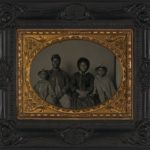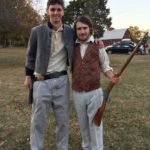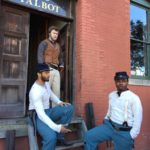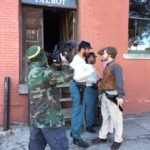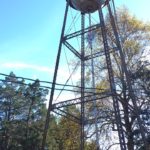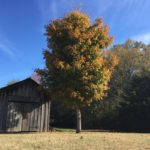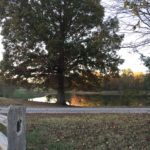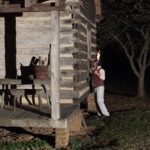This course investigated the Memphis Massacre of 1866, a three-day rampage led by a white mob that targeted African-American soldiers and freed blacks living in downtown Memphis. Class participants researched firsthand testimony from the Congressional investigation of this incident, as well as newspapers and archival photographs from the period. They also addressed larger questions provoked by this violence: What are the historical roots of racialized violence? What forms of resistance to mob violence emerged? How has silence about racial atrocities affected Memphians? How might we reshape public memory regarding this part of our history? They then produced a documentary film based on their findings.
This new course for the Fall of 2016 engaged students in the interdisciplinary work of historical investigation and filmmaking. Specifically, the class produced a documentary about an incident of racialized violence in Shelby County. Students worked collaboratively with a Memphis community group called “Responding to Racism” (RTR), as well as with two Memphis filmmakers who trained them as directors and film editors using high definition (HD) digital technologies. In making this film, students were immersed in creative collaboration with community activists and professional artists as well as Professor Dee Garceau, a scholar of history.
During the first seven weeks, students did historical research, including textual analyses of firsthand narratives, visual analyses of still photographs, and conceptual analyses of relevant scholarship. They considered how these varied sources have both shaped and been influenced by discourses on race and gender in the American South. This research informed the making of the film.
During the second seven weeks, students distilled their insights into story boards, and began shooting film. Guided by Memphis cinematographer Eric Swartz, they took turns directing, and practicing the art of composition, focus, and lighting. Students learned digital film editing from Memphis independent filmmaker Phoebe Driscoll.
By week 10, students edited raw footage into sequences. Students also explored the use of music to reinforce, add dimension, or disrupt what was being seen and said onscreen. From these elements, students composed a rough cut of the documentary film by the close of fall semester 2016. During spring semester 2017, individual students who chose to refine the film into a polished work did so through a 2-credit Directed Inquiry with Professor Garceau.
Additional Resources

Dee Garceau
Professor of History
Dee Garceau studies how individuals and communities negotiate the boundaries of gender and race in North American history.


